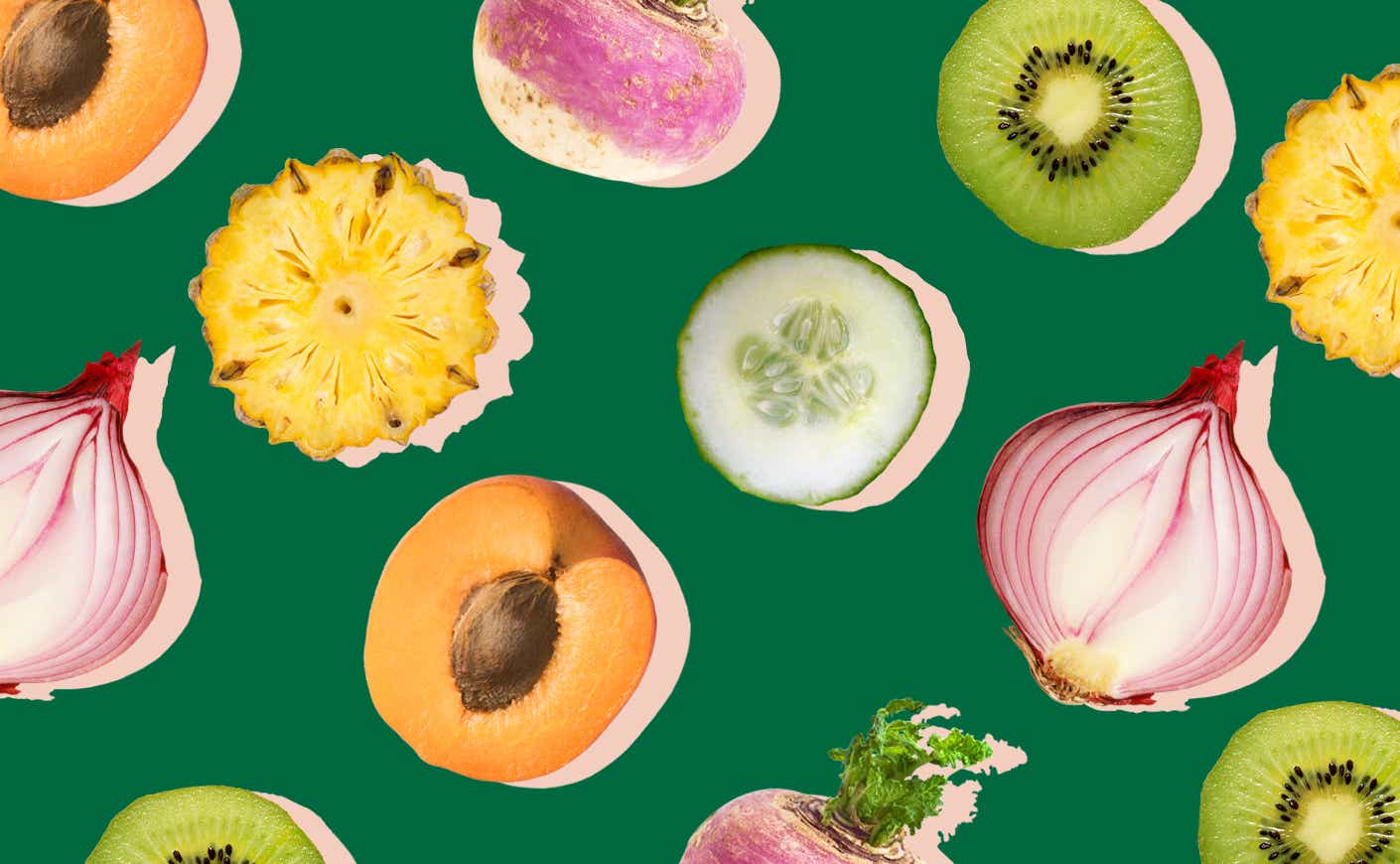Not all of us have the time, access, or desire, frankly, to meander through local farmers’ markets, hunting for the best in-season produce. While it’s fun to get out and shop local when you can, most of us do our grocery shopping at a store rather than a fresh-air market. Some of us even buy our produce online nowadays. And while you can get just about anything during any time of the year at the store, it’s normally imported, meaning it’s had a long journey to get into your hands.
There’s nothing wrong with that, but the truth of the matter is that fresher food tastes better and can sometimes be healthier for you, too. While it’s better to eat frozen or canned produce over none at all, buying foods that are in-season will ensure you’re getting things at peak ripeness, when they’re highest in nutritional value and taste the best.
Of course, do keep in mind that where you live will dictate what produce is in season near you. Climate is extremely crucial to the life cycle of fruits and vegetables, so sometimes growing seasons are longer or shorter than they’d normally be, may be entirely different from another area, or may not occur at all depending on weather. However, you can generally judge when certain fruits and veggies will be bountiful based on the seasons of the year.
If you want to ensure that your produce is as delicious as it can possibly be in your next pasta dish, smoothie, or whatever else you may be cooking up, here’s our general guide to snagging the freshest produce based on seasonality.
Pro tip: Want to avoid waste? You can always prep and store fresh fruit and veggies and freeze them for later use, too. That way you can make the most of what’s in-season around you and have more throughout the year, too.
Jump to fall produce.
Jump to winter produce.
Jump to spring produce.
Jump to summer produce.
Seasonal Produce Guide
What Fruits and Vegetables Are In Season in Fall
- Apples
- Bananas
- Beets
- Bell Peppers
- Broccoli
- Brussels Sprouts
- Cabbage
- Carrots
- Cauliflower
- Celery
- Collard Greens
- Cranberries
- Garlic
- Ginger
- Grapes
- Green Beans
- Herbs
- Kale
- Kiwi
- Lemons
- Lettuce
- Limes
- Mangos
- Mushrooms
- Onions
- Parsnips
- Pears
- Peas
- Pineapples
- Potatoes
- Pumpkin
- Radishes
- Raspberries
- Rutabagas
- Spinach
- Sweet Potatoes & Yams
- Swiss Chard
- Turnips
- Winter Squash
What Fruits and Vegetables Are In Season in Winter
- Apples
- Avocados
- Bananas
- Beets
- Brussels Sprouts
- Cabbage
- Carrots
- Celery
- Collard Greens
- Grapefruit
- Herbs
- Kale
- Kiwi
- Leeks
- Lemons
- Limes
- Onions
- Oranges
- Parsnips
- Pears
- Pineapples
- Potatoes
- Pumpkin
- Rutabagas
- Sweet Potatoes & Yams
- Swiss Chard
- Turnips
- Winter Squash
What Fruits and Vegetables Are In Season in Spring
- Apples
- Apricots
- Asparagus
- Avocados
- Bananas
- Broccoli
- Cabbage
- Carrots
- Celery
- Collard Greens
- Garlic
- Herbs
- Kale
- Kiwifruit
- Lemons
- Lettuce
- Limes
- Mushrooms
- Onions
- Peas
- Pineapples
- Radishes
- Rhubarb
- Spinach
- Strawberries
- Swiss Chard
- Turnips
What Fruits and Vegetables Are In Season in Summer
- Apples
- Apricots
- Avocados
- Bananas
- Beets
- Bell Peppers
- Blackberries
- Blueberries
- Cantaloupe
- Carrots
- Celery
- Cherries
- Corn
- Cucumbers
- Eggplant
- Garlic
- Green Beans
- Herbs
- Honeydew Melon
- Lemons
- Lima Beans
- Limes
- Mangos
- Okra
- Peaches
- Plums
- Raspberries
- Strawberries
- Summer Squash
- Tomatillos
- Tomatoes
- Watermelon
- Zucchini









